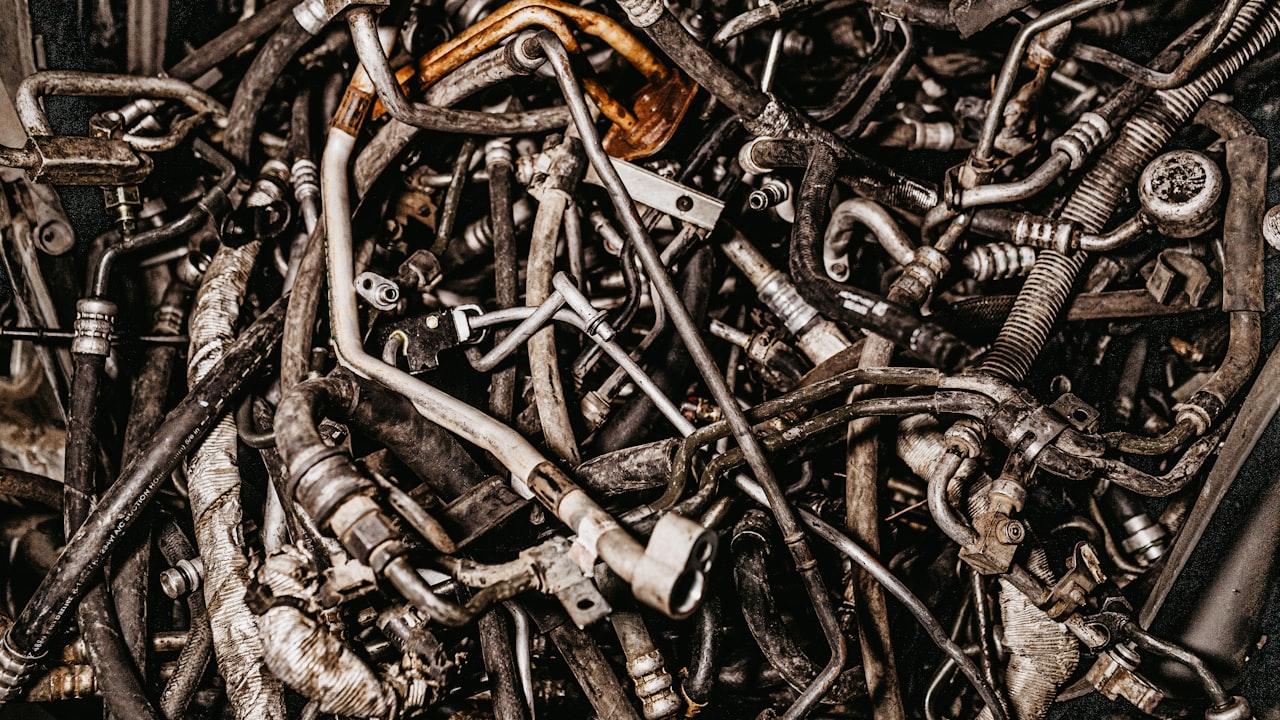 Title: The Role of Pharmaceutical Machinery in Modern Drug Production
Title: The Role of Pharmaceutical Machinery in Modern Drug Production
In the dynamic landscape of pharmaceutical manufacturing, the use of advanced machinery has become pivotal in ensuring the efficient and high-quality production of drugs. Among the essential equipment utilized in the pharmaceutical industry are table press machines and capsule filling machines, such as the Tablet Press Machine (TDP) and the Tablet Hardness Testing Device (THDP). These machines play a crucial role in the manufacturing process, from drug formulation to final product packaging.
Tablet press machines, including the TDP, are integral in the production of tablets that are widely used for oral drug delivery. These machines compress granulated materials into solid doses of precise sizes and shapes. The TDP utilizes various tooling systems to create tablets with different designs and imprints, allowing pharmaceutical companies to produce a wide range of medications efficiently.
Additionally, capsule filling machines are essential for encapsulating powdered or granulated ingredients into gelatin or vegetarian capsules. The automated process of capsule filling not only ensures the accuracy and uniformity of dosage but also enhances the efficiency of production. The THDP, a critical component in the capsule filling process, measures the hardness of tablets to ensure their quality and integrity.
The pharmaceutical machinery, such as table press machines and capsule filling machines, is equipped with advanced technologies that enable process monitoring and control. These machines are designed to meet the stringent regulatory requirements of the pharmaceutical industry, ensuring compliance with Good Manufacturing Practices (GMP). Additionally, the adoption of automation and robotics in pharmaceutical machinery has improved production efficiency and minimized human error, leading to safer and more reliable drug manufacturing processes.
Furthermore, the integration of data analytics and smart technologies in pharmaceutical machinery has revolutionized the way drug production is managed. Real-time monitoring of machine performance and product quality allows for immediate corrective actions, reducing downtime and enhancing productivity. The connectivity of pharmaceutical machinery to centralized control systems enables seamless coordination of production processes, resulting in optimized manufacturing operations.
In conclusion, the role of pharmaceutical machinery, including table press machines like the TDP and capsule filling machines such as the THDP, is indispensable in modern drug production. These advanced technologies not only ensure the quality and consistency of pharmaceutical products but also enhance the efficiency and compliance of manufacturing processes. As the pharmaceutical industry continues to evolve, the integration of innovative machinery will play a key role in shaping the future of drug manufacturing.





